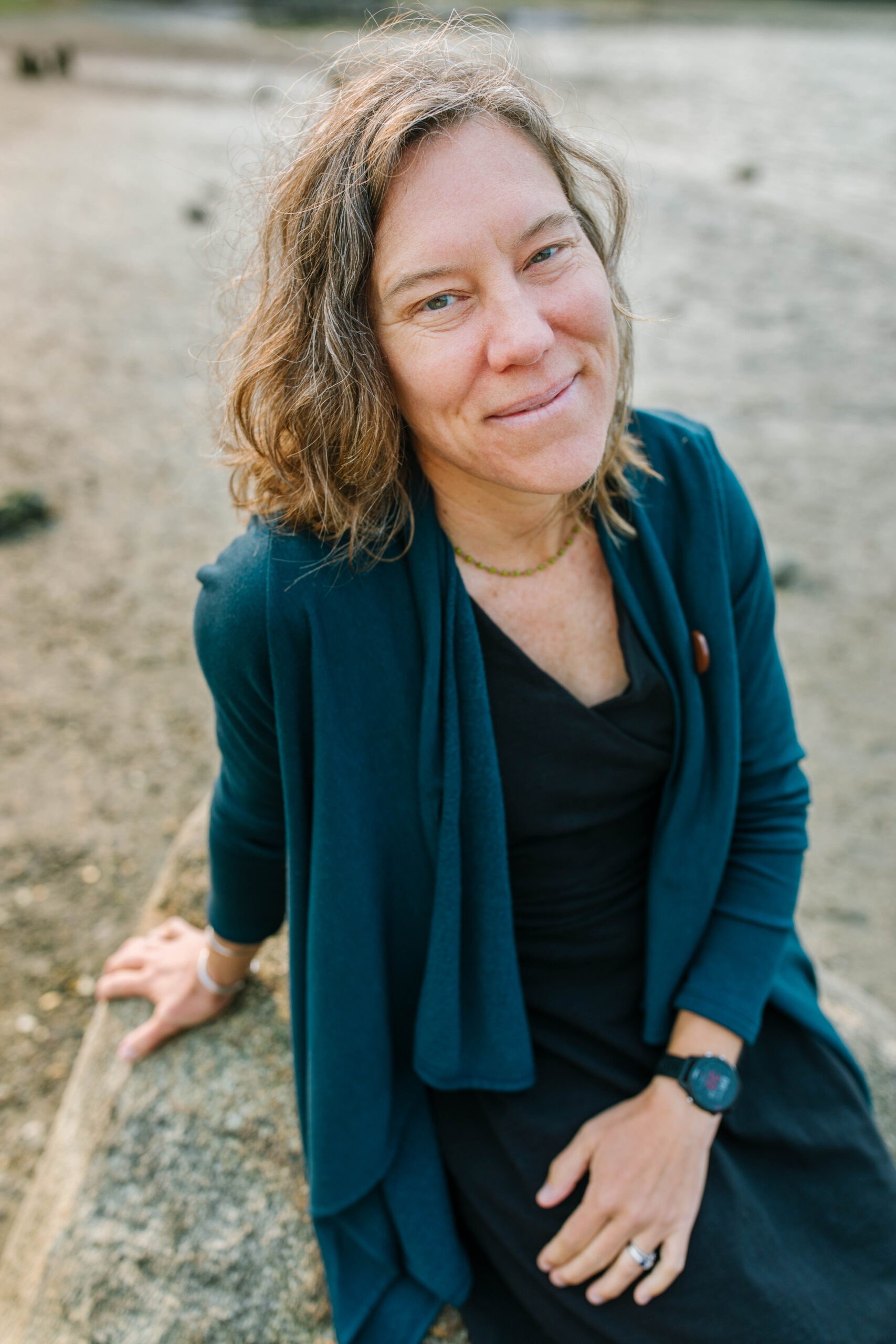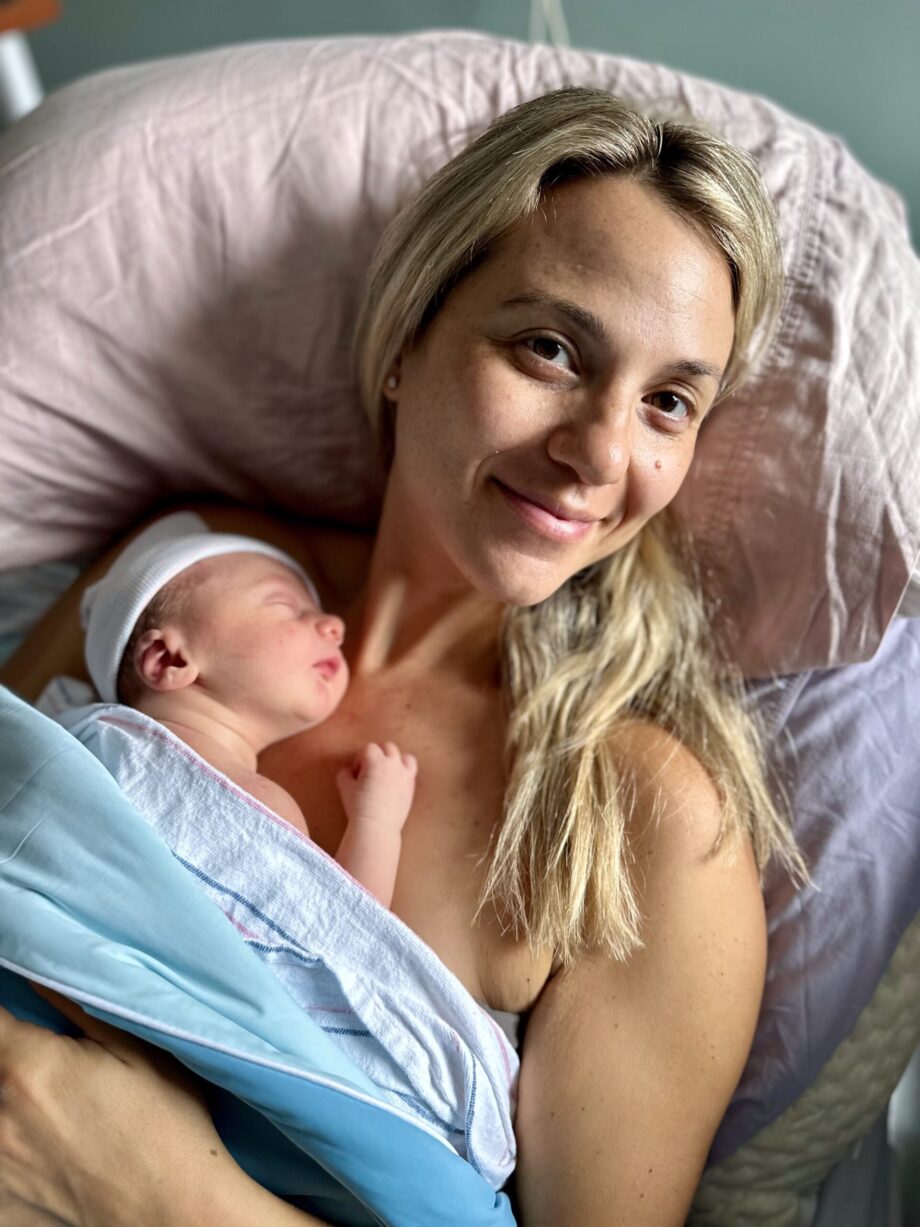In the world of healthcare, we usually assume that people have the right to make their own choices and decisions over their bodies. After all, someone with diabetes or high blood pressure can’t be forced to—or not to—take the necessary medications to help with their condition.
It is generally implied that one can be trusted to understand the options available to them in the world of medicine and make a good decision for themselves. Those who cannot be trusted—those deemed incompetent—are assigned a “medical decision maker.”
Yet, the conversation is starkly different when it comes to another medical condition where a person should have the ability to make decisions over their body: the ever-incessant debate over abortion.
As a society we generally associate the terms “freedom of choice” and “a woman’s right to bodily autonomy” with the debate over abortion—but the reality is the struggle for bodily autonomy is also very relevant to continuing pregnancy and a woman’s right to birth when, where and how she desires.
Part of the reason for this is the paradigm dominating Western medicine is that pregnancy is akin to a disease, which doctors must manage in order to prevent unpredictable and dangerous complications from arising. It’s true, complications can arise in pregnancy and sometimes interventions are truly indicated.
However, fundamentally distrusting a natural process and assuming a woman’s body is intrinsically bound to fail can have devastating consequences, the most notable of which is medical care rife with biased and fear-based counseling.
This type of approach to care eliminates choice in favor of pressuring pregnant women and their partners to blindly follow a doctor’s advice. This disempowers women and indoctrinates them with the belief that their bodies cannot be trusted.
As renowned addiction expert Dr. Gabor Mate writes in his book The Myth of Normal, “Reducing women to passive recipients of medical care during perhaps the most momentous passage of their lives is dehumanizing, and not only figuratively: it disrupts physiological, hormonal and psychological processes that have evolved in our species over millions of years to ensure the necessary bonding of mother and baby and the healthy development of our young.”
As a mother and an OB/GYN with 20 years of experience treating a wide range of patients, I’m especially aware of the challenges women face in the medical sphere during their reproductive years.
For this reason, I always review a patient’s entire birth history at their first prenatal visit. Far too often, I come to find that women who’ve had complications during their pregnancy and/or birth aren’t even sure exactly what happened—or why.

I hear, “I was high risk, so my doctor told me I had to have an induction,” or “My doctor told me I needed pitocin,” or “I was told I had to have a cesarean.” But beyond that, they really can’t provide a lot of detail. Even more disheartening is that, along with the uncertainty, they have a feeling of disappointment or failure—like somehow their body or their mindset was to blame for the complications. (It wasn’t and it’s not.)
The mainstay of prenatal care must be unbiased patient education, shared medical decision-making and informed consent. When it is not, pregnant women are stripped of their freedom to choose what is best for them, their body, their pregnancy and their baby. Women are very intelligent and can be trusted to make excellent healthcare decisions—but they can lose their belief in themselves and in the life-giving capacity of their bodies when modern maternity care does not respect their wisdom and autonomy.
Again from Dr. Gabor Mate, “The advent of modern obstetrics has brought much to be grateful for, sparing many women and infants from avoidable suffering, illness and death. The problem is that, along with its triumphs, and in line with the mechanistic approach of Western medicine in general, obstetrical practice ignores the genuine and natural needs of mothers and babies—in fact, it often runs roughshod over them. Bringing infants into the world is not simply a question of pushing and pulling and cutting and catching. It is a major threshold in human development, and how it is crossed has potentially lifelong consequences.”
Recently, I had a woman transfer to my practice who was pregnant with twins. She had given birth to her first child outside of the hospital with a midwife and it was a very empowering experience. But this pregnancy was turning out to be completely different. She was being told by her doctors that she was “high risk” and “would need to have a cesarean.” Instead of feeling encouraged and reassured by her physicians, she felt they emphasized risks and all the things that could go wrong.
When I met with her, rather than speaking in vague terms like “high-risk,” we actually reviewed the data on complications in twin pregnancies. I shared unbiased information. We talked about her birth preferences, and she told me she wanted a vaginal delivery, without interventions like pitocin or an epidural.
Then, together, we looked at the pros and cons of getting an IV, eating and drinking during labor, not using pain medication and so on. Once she had all of the information, she was able to make her own decisions based on what she knew was best for her and her babies. She was open to interventions if they were necessary but she didn’t feel any pressure to ignore her instincts and “just take my word for it.”

In the end, she had a beautiful twin vaginal delivery without an epidural. But more important than the mode of delivery was how she felt after she gave birth: like a strong, wise, dependable mama ready to take on the challenge of caring for twin babies.
Dr. Gabor Mate states, “The issue is autonomy, an indispensable human need. Birthing practices express the hidden or overt values of a culture in terms of who wields power and how much genuine control people are able to exercise over their own bodies.”
For a pregnant woman, the right to choose how, when, and where she gives birth is integral to her experience of motherhood. This is because pregnancy and birth teach us to trust our ability to nurture and bring forth a new life. However, this unique opportunity can be lost when pregnant women are undermined by a medical system that minimizes autonomy.
Having an empowering pregnancy and birth fills you with confidence in your ability to care for your baby. This is why finding a doctor or midwife who believes in you and trusts your decisions is so important! So it’s totally okay to find a new provider midway through your pregnancy if you are not feeling heard or respected. You could also hire a doula to support you during pregnancy, birth, and postpartum. Studies have shown there are many benefits to hiring a doula including shorter labor, lower cesarean rate, and better newborn outcomes.
You’ll never regret believing in yourself and claiming your right to bodily autonomy.
Author
-

Dr. Anna Dowling is an ob/gyn who is fueled by a passion for genuine, heartfelt connection with her patients and their families. Her holistic approach to medicine reflects her belief that health and well-being requires so much more than attending to our physical bodies. She believes we all possess innate wisdom which is meant to be nurtured and honored if we are to truly thrive. When she is not caring for patients, she can be found rambling around the beautiful wilderness of the Pacific Northwest with her spouse and children.
View all posts




